
AllQuestion and Answers: Page 474
Question Number 172531 Answers: 4 Comments: 1
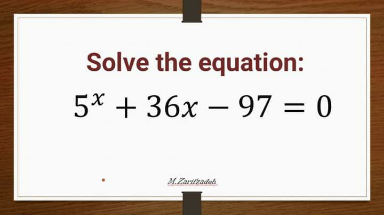
Question Number 172526 Answers: 1 Comments: 0
Question Number 172520 Answers: 0 Comments: 1

Question Number 172519 Answers: 0 Comments: 1
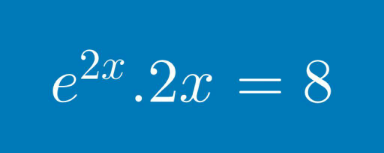
Question Number 172516 Answers: 0 Comments: 1
Question Number 172515 Answers: 1 Comments: 0
Question Number 172514 Answers: 0 Comments: 0
$${if}\:{y}={bcoslog}\left(\frac{{x}}{{n}}\right)^{{n}} \\ $$$${then}\:\frac{{dy}}{{dx}}=?? \\ $$
Question Number 172513 Answers: 2 Comments: 2
Question Number 172511 Answers: 1 Comments: 0
Question Number 172510 Answers: 1 Comments: 0
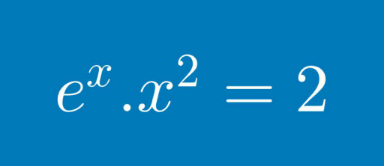
Question Number 172509 Answers: 2 Comments: 2
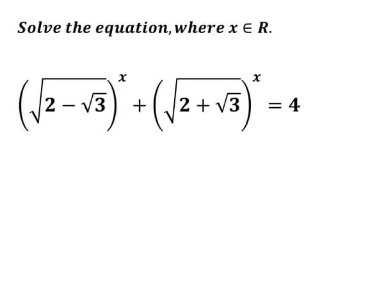
Question Number 172504 Answers: 2 Comments: 0
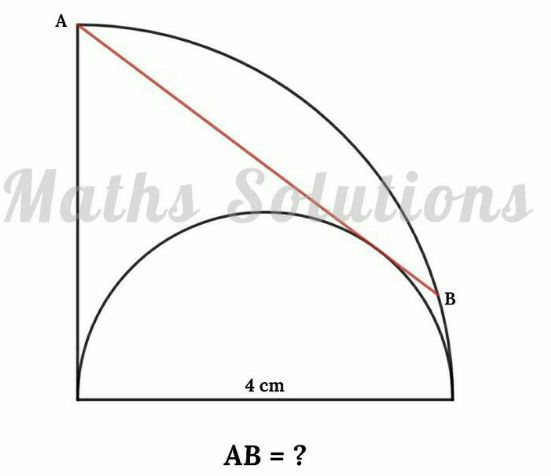
Question Number 172498 Answers: 0 Comments: 0
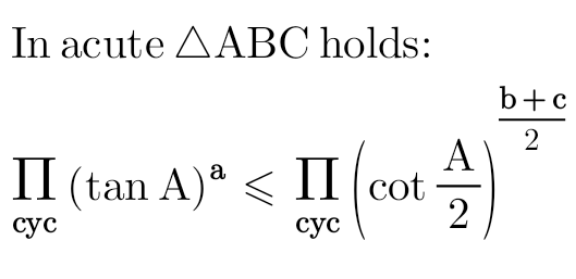
Question Number 172497 Answers: 0 Comments: 0

Question Number 172490 Answers: 0 Comments: 4

Question Number 172488 Answers: 2 Comments: 0

Question Number 172483 Answers: 1 Comments: 0

Question Number 172484 Answers: 1 Comments: 0

Question Number 172480 Answers: 0 Comments: 0
Question Number 172468 Answers: 0 Comments: 1

Question Number 172465 Answers: 0 Comments: 1

Question Number 172455 Answers: 1 Comments: 0
Question Number 172449 Answers: 0 Comments: 0
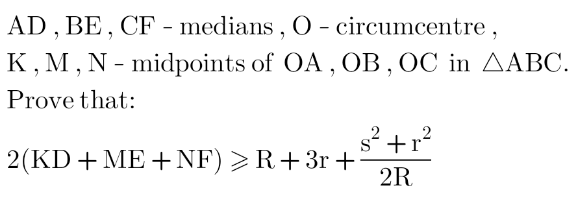
Question Number 172448 Answers: 1 Comments: 0

Question Number 172453 Answers: 1 Comments: 6
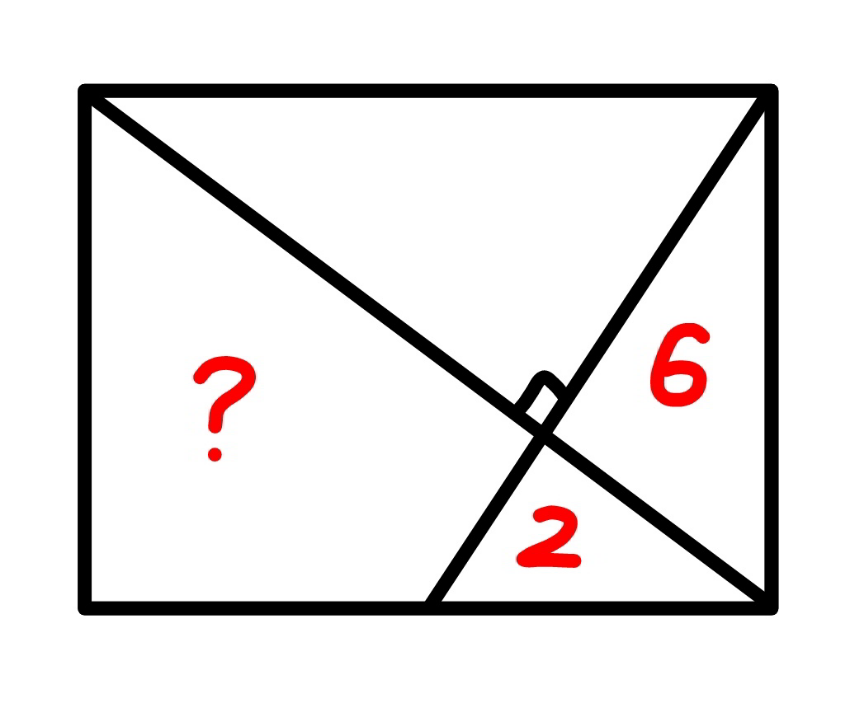
Question Number 172452 Answers: 1 Comments: 0
Pg 469 Pg 470 Pg 471 Pg 472 Pg 473 Pg 474 Pg 475 Pg 476 Pg 477 Pg 478
